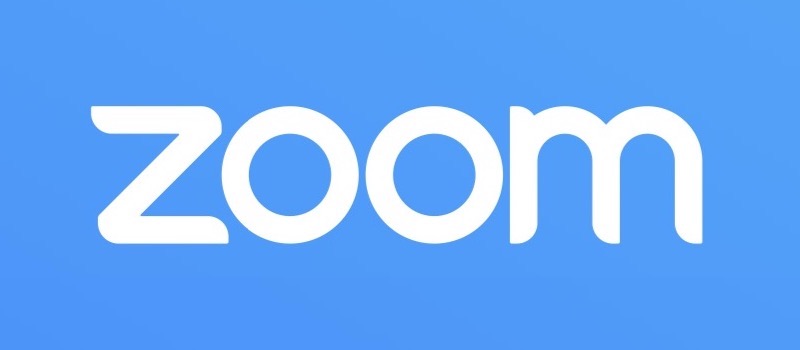
Zoom is facing fresh scrutiny today following a report that the videoconferencing app's encryption claims are misleading.

Zoom states on its website and in its security white paper that the app supports end-to-end encryption, a term that refers to a way of protecting user content so that the company has no access to it whatsoever.
However, an investigation by The Intercept reveals that Zoom secures video calls using TLS encryption, the same technology that web servers use to secure HTTPS websites:
As the report makes clear, for a Zoom meeting to be end-to-end encrypted, the call would need to be encrypted in such a way that ensures only the participants in the meeting have the ability to decrypt it through the use of local encryption keys. But that level of security is not what the service offers.This is known as transport encryption, which is different from end-to-end encryption because the Zoom service itself can access the unencrypted video and audio content of Zoom meetings. So when you have a Zoom meeting, the video and audio content will stay private from anyone spying on your Wi-Fi, but it won't stay private from the company.
When asked by The Intercept to comment on the finding, a spokesperson for Zoom denied that the company was misleading users:
Technically, Zoom's in-meeting text chat appears to be the only feature of Zoom that is actually end-to-end encrypted. But in theory, the service could spy on private video meetings and be compelled to hand over recordings of meetings to governments or law enforcement in response to legal requests."When we use the phrase 'End to End' in our other literature, it is in reference to the connection being encrypted from Zoom end point to Zoom end point... The content is not decrypted as it transfers across the Zoom cloud."
Zoom told The Intercept that it only collects user data that it needs to improve its service - this includes IP addresses, OS details, and device details - but it doesn't allow employees to access the content of meetings.
Last week, Zoom's data sharing practices were criticized after it emerged that the service was sending data to Facebook without disclosing the fact to customers. The company subsequently updated the app to remove its Facebook log-in feature and prevent the data access.
Update: As noted by TechCrunch, security researcher Patrick Wardle has revealed two previously undisclosed zero-day vulnerabilities impacting Zoom.
Article Link: Zoom Accused of Misleading Users With 'End-to-End Encryption' Claims Amid Other Security Issues [Updated]
Last edited:


